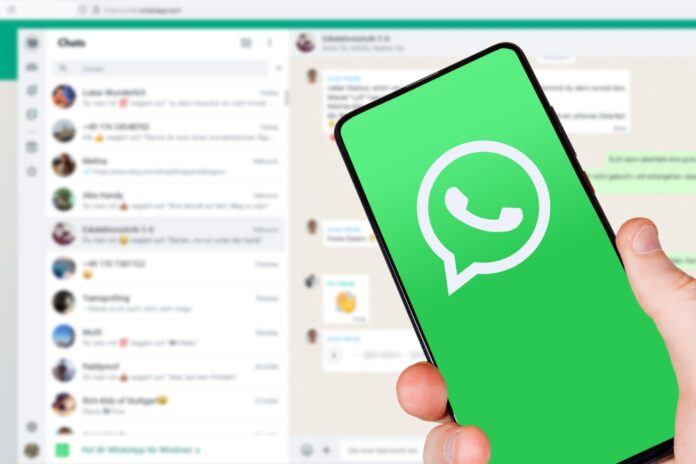Is your company truly leveraging the full potential of market communication channels to strengthen relationships with your customers? In a scenario where speed and personalization are increasingly valued by consumers, the challenge is to be present and accessible on your target audience's preferred platforms, ensuring agile and interactive service – something that, amidst so many options, can be achieved and enhanced via WhatsApp.
Installed on over 98% of Brazilian smartphones, according to data released by Wapikit, this platform has long ceased to be just a chat tool, becoming a strategic link capable of transforming the relationship between companies and consumers. Today, it is a channel that offers speed, interactivity, and convenience, being widely used for customer service as well as marketing and sales initiatives.
Also according to Wapikit, 79% of users have already used the channel to communicate with companies, and 62% have made purchases directly through the platform. It is also estimated that 96% of national brands use WhatsApp as their primary customer service channel, and for 86% of sales professionals, it is the main means of contact with customers and leads. And there is no shortage of arguments proving why its popularity continues to grow.
Its average message open rate is about 98%, according to the same source, significantly surpassing other traditional channels like email. With its extensive reach and adaptable functionalities, the platform offers an unprecedented path for building engagement, trust, and loyalty through messages personalized according to each customer's needs and profile – an important differentiator in creating positive experiences. After all, according to another study by Emplifi, 63% of users would stop consuming products or services from a brand to which they are loyal after just one bad experience.
Communications that consider the customer's name, their interaction history, and their purchasing behavior demonstrate the company's attention and care, contributing to strengthening the bond with the brand, whereas cold, excessive, and non-relevant messages will only harm its reputation and prosperity. Factors that, despite being widely known in the market, still impair the service quality of many organizations.
The impersonality of automated interactions, delayed responses, and lack of continuity in the service history are challenges still very present in many companies, mainly due to the lack of investment in intelligent automation resources that ensure the channel's integration with customer management systems, in order to offer a more fluid and personalized experience.
To ensure that WhatsApp is a truly effective channel in the customer journey, it is essential to consider some factors in developing your strategy, such as the speed and clarity of responses, language appropriate to the brand's profile, the responsible use of automations, integration with databases, and compliance with Meta's guidelines – considering its extreme rigor in managing everything transmitted on this channel to ensure it does not become detrimental to any user's experience.
Avoid at all costs the excessive sending of messages, which can be interpreted as spam, damage the company's image, and, in the worst case, lead to the account being blocked. Integrate the channel with other solutions that favor a smooth and enriched experience and allow the completion of full journeys within the application itself, such as using interactive buttons for payments directly within the conversation.
Its integration with other resources such as CRMs, marketing automation platforms, payment systems, analytics tools, and fallback channels is also strategic for increasing the efficiency of your campaigns, including mechanisms for automatic redirection to RCS, SMS, or human support, ensuring communication continuity even in situations of delivery failure.
WhatsApp transcends the role of a simple messaging application to become a strategic pillar in building solid relationships between companies and consumers, capable of optimizing service, personalizing communication, and humanizing interaction. Investing in it intelligently will foster a genuine connection between the parties, making it an essential channel for improving the customer experience and, consequently, enhancing brand results.


